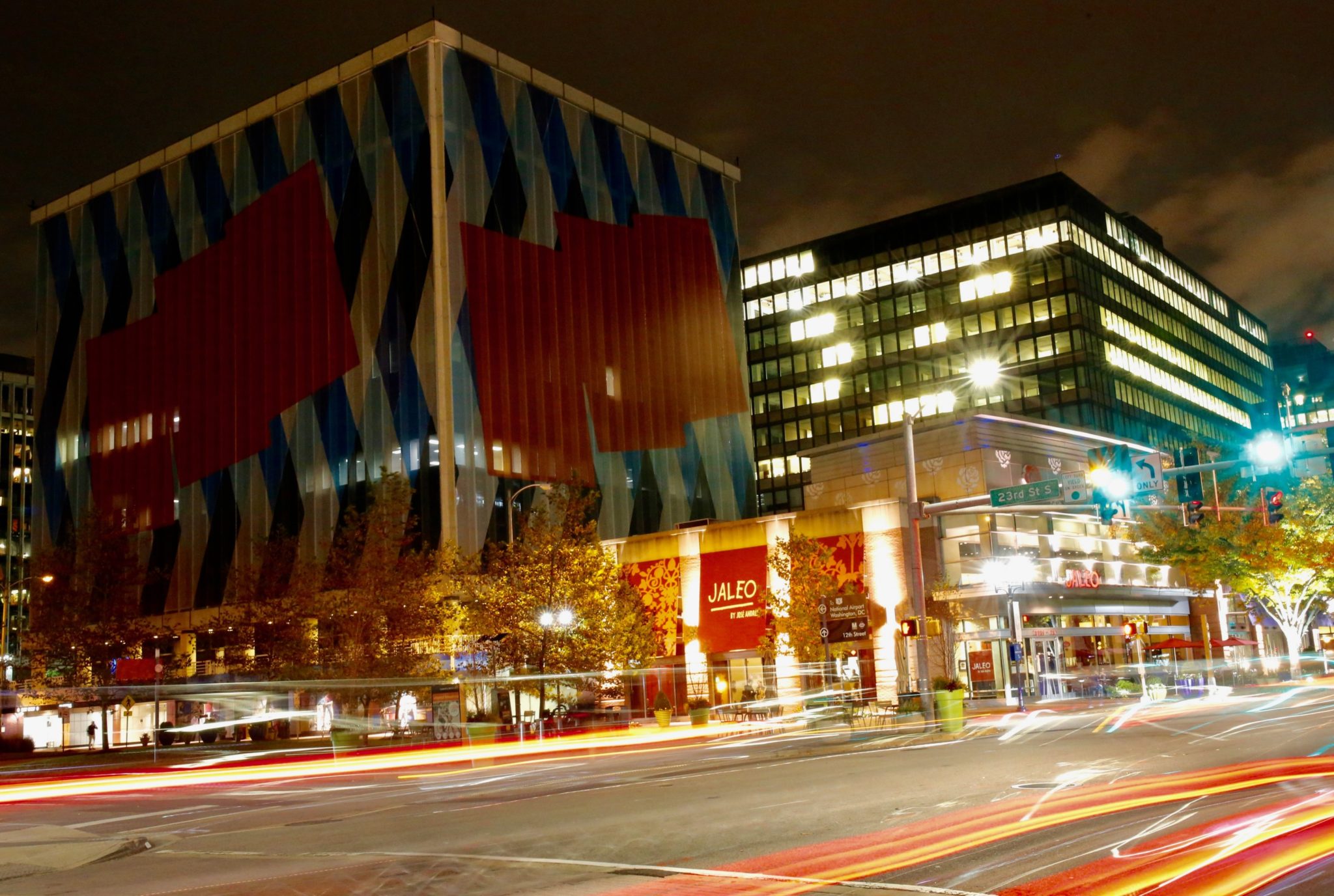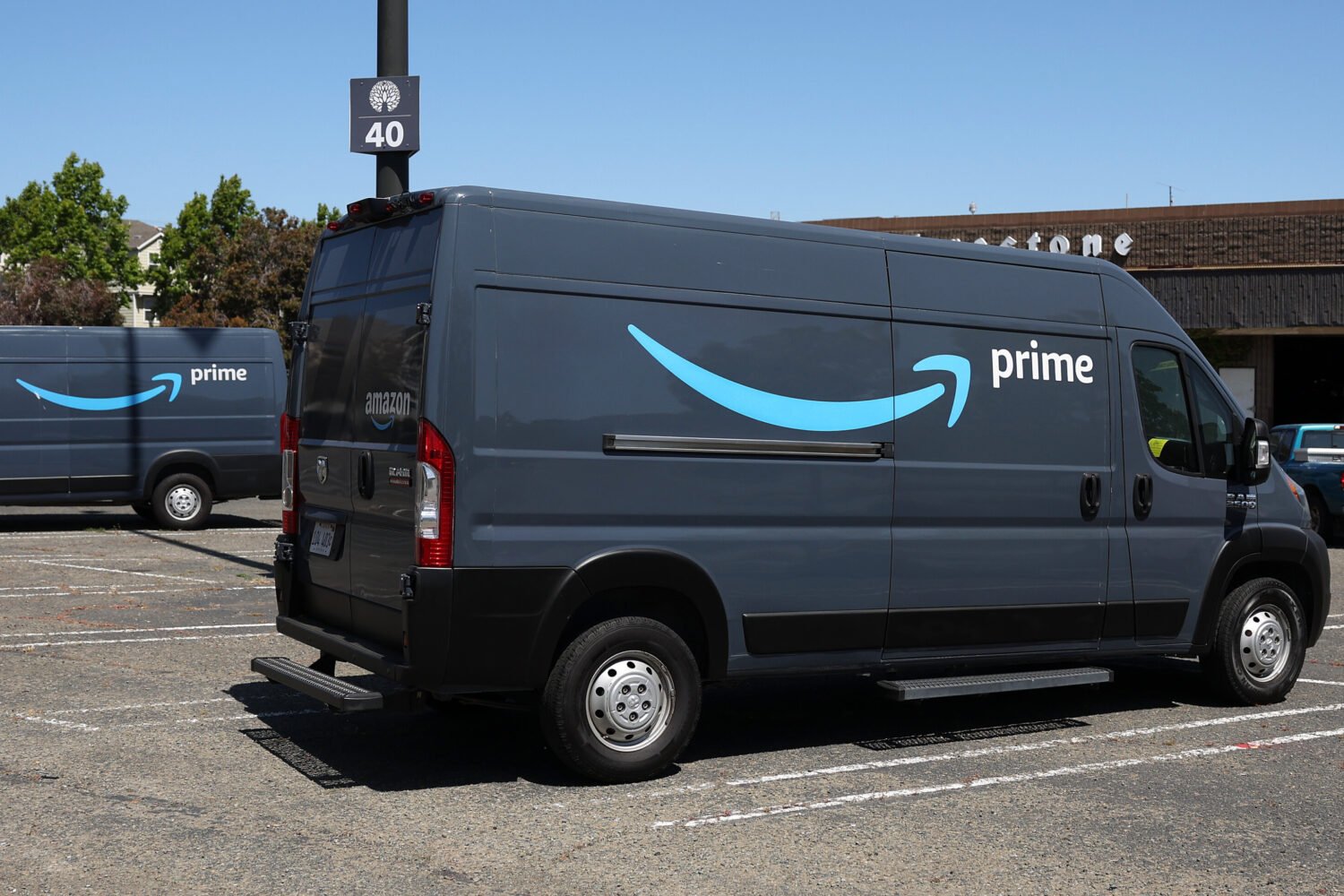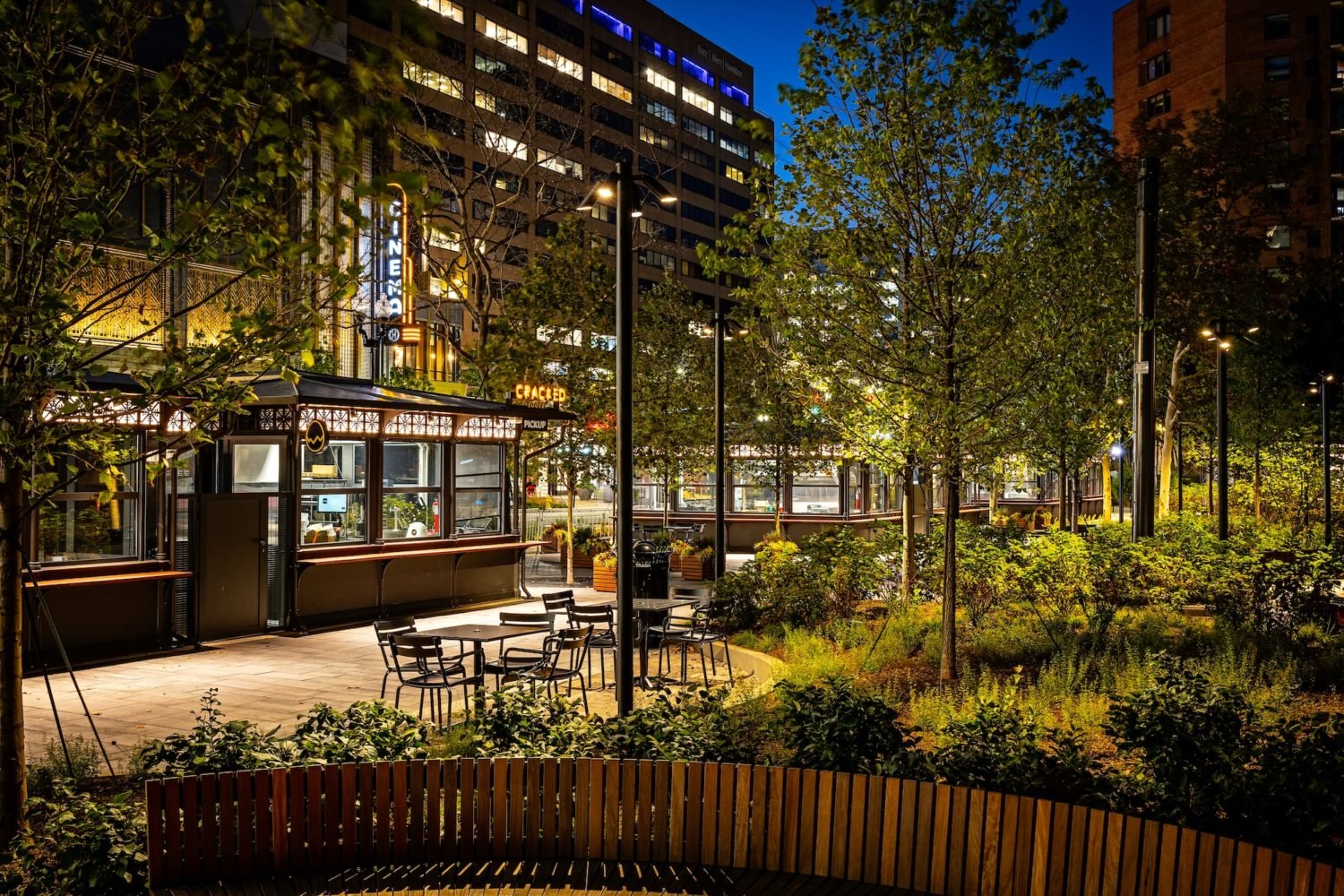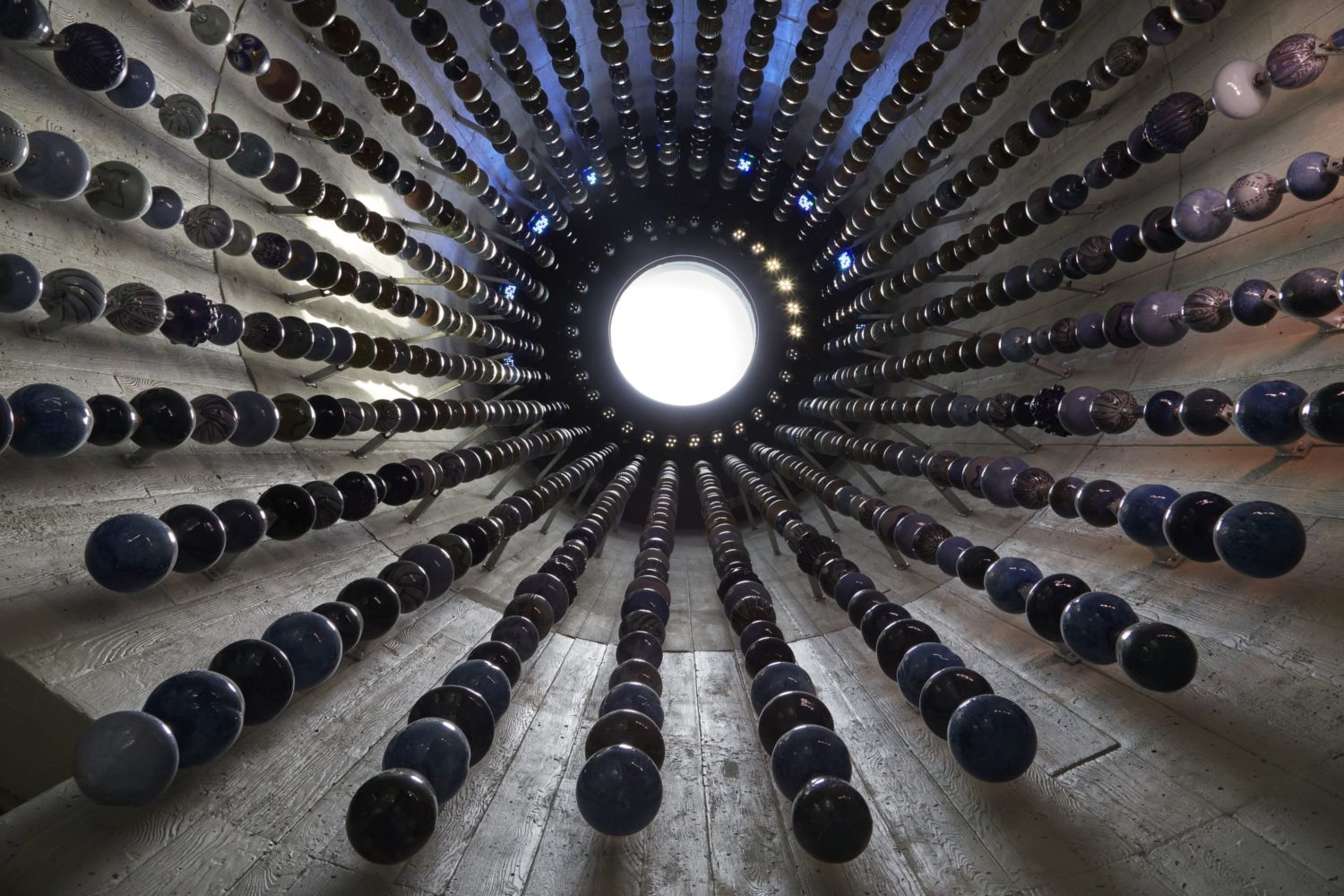For more than a year, Washingtonians have speculated about where Amazon will open its second headquarters, and what it would mean if the company chose our area. But this week’s flurry of reporting that HQ2 will actually get chopped in half between Crystal City and Queens has totally upended the rules of our guessing game.
Jeff Bezos originally pitched HQ2 as a “full equal” to his Seattle campus, meaning the winning location would get as many as 50,000 new Amazon jobs. If that number shrinks to 25,000, what will the impact be? For answers, we turned to the authority on greater Washington’s economy, George Mason professor Stephen Fuller.
What would this new ripple in the HQ2 plan mean for our area?
“Clearly everything is in motion, if in fact the division in half is true. I have no indication from anybody that I’ve talked to that it couldn’t be anything more than a negotiation strategy. You just don’t know. Hopefully, we’ll know later this week or next week.
But the simple answer is it means you only get half of whatever was promised, and that’s not shabby unto itself. If it was 50,000 jobs, now it’s only 25,000, but who else has brought 25,000 jobs to the Washington area? When Hilton moved their headquarters here, it was about 700 jobs. When Nestle came here, it wasn’t much more than that. The scale of this is still massive.”
You’ve said that we’ve already been adding about 50,000 jobs to the Washington economy every year for the past three years. Correct?
“And we’re running at that level this year, too. We’re just a little bit above 50,000. So it’ll be four years running that we’ve averaged better than 50,000. If Amazon came here in their full glory, it would be 50,000 jobs added over some period, which could be as much as 20 years. So it’s not quite as imposing as a lot of people may think.”
So if Amazon ends up bringing 25,000 jobs here over a decade or two, will we even feel it?
“It’s a good question—would we even notice? We have 780,000 professional and business services jobs in the Washington area. And that’s what these Amazon jobs would be. We add 15,000 or 20,000 of these kinds of workers every year. So you might not even notice it. It’s clearly important because these would be very well paid jobs. They’re not federally dependent— that’s really important because the economy is slowly diversifying away from its over-dependence on the federal government—and Amazon, if they came here, even half of them, would contribute to that. So that’s valuable. But I don’t think people are going to notice. All of a sudden it’s going to be old news. It’s not going to happen all at once. People will move on.”
Would you say the same thing even if all 50,000 jobs end up coming to Crystal City?
“Yeah. Somewhat facetiously, I say to people ‘Did you notice the 50,000 jobs we added last year?’”




















